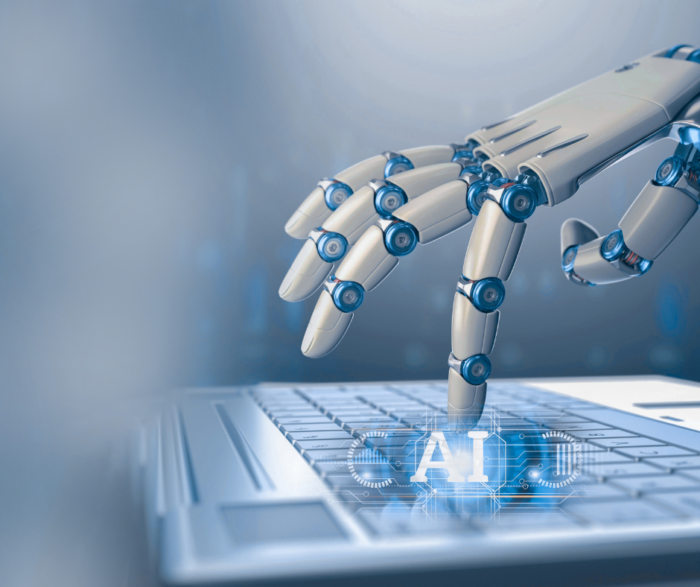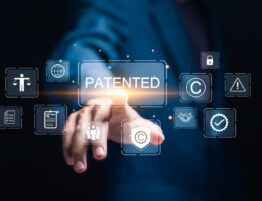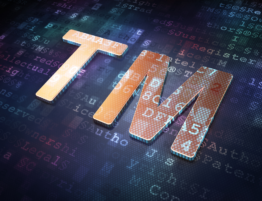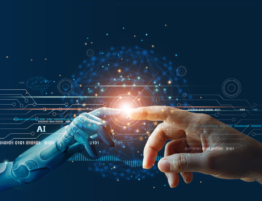
First of all, what is it?
What is ChatGPT? Well, the best way to find out is to ask ChatGPT!
Here is what the AI said:
ChatGPT is a large-scale natural language processing (NLP) model developed by OpenAI. It is a type of language model that uses deep learning techniques to understand and generate human-like language. ChatGPT is based on the GPT (Generative Pre-trained Transformer) architecture, which is a type of transformer model.
ChatGPT was trained on a massive amount of text data from the internet, including websites, books, and other sources. This training data enables ChatGPT to understand the nuances of human language and generate coherent, contextually appropriate responses to a wide range of prompts and questions.
ChatGPT has been used for various applications, including language translation, text completion, and question-answering. It is also used in chatbot applications, where it can simulate human-like conversations with users. ChatGPT’s ability to understand and generate natural language makes it a powerful tool for various NLP tasks.
So who owns the content?
The ownership of content generated by ChatGPT is a complex issue that depends on various factors, including the context in which the content is generated and the applicable laws in different jurisdictions. In general, the ownership of the content generated by ChatGPT is not straightforward because it involves multiple parties, including the user who initiates the conversation, the developer who created the model, and the dataset used to train the model.
In some cases, the user who initiates the conversation with ChatGPT may have a claim to the content generated by the model, particularly if the user provides original input that triggers ChatGPT’s response.
However, in other cases, the developer who created ChatGPT or the owner of the dataset used to train the model may have a claim to the content.
It’s important to note that the ownership of content generated by ChatGPT may also be subject to various intellectual property laws, including copyright, patent, and trade secret laws.
Ultimately, the ownership of content generated by ChatGPT is a complex issue that depends on various factors, and it may require legal analysis and consultation with experts in the field.
A great case example of non-human generated content came from a copyright case involving a monkey. In this particular case, copyright protection did not apply to a popular photo, as it was ruled that the photo was not generated by a human.
Using equipment belonging to the British nature photographer David Slater, a monkey took a photo of himself. That photo then became a very popular news story… First animal selfie and all and it was widely republished without permission. The copyright courts found that no copyright protection applied because the photograph was taken by a monkey not by a human.
Good thing we have experts….
We asked our attorneys about ownership of content generated by ChatGPT. Here is what they had to say:
“The law around artificial intelligence and intellectual property brings up interesting issues, but I believe the courts will find as they did in the monkey selfie copyright dispute.” Said Stanton IP Law Firm attorney Damien White.
“Because copyright law is limited to ‘original intellectual conceptions of the author’, the [copyright] office will refuse to register a claim if it determines that a human being did not create the work. The Office will not register works produced by nature, animals, or plants.”







